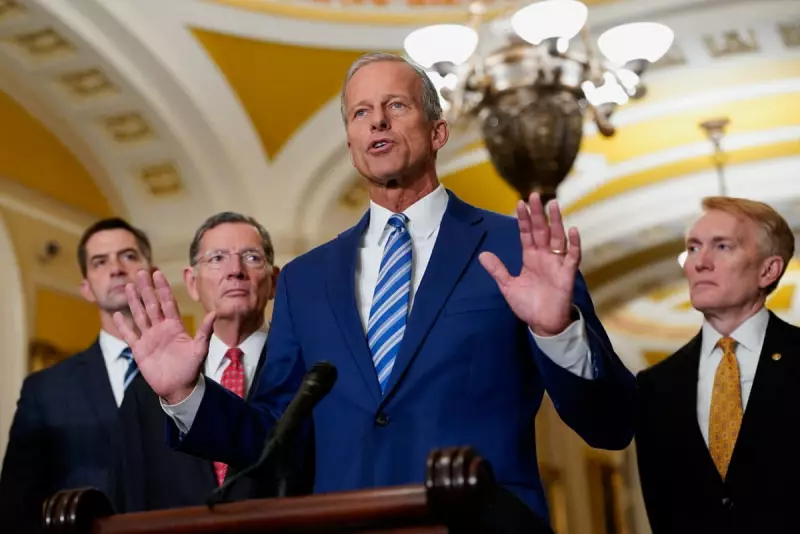
The United States is hurtling toward a full government shutdown after the Senate dramatically rejected a critical funding bill, plunging Washington into political chaos and putting essential federal services at risk.
Political Standoff Reaches Breaking Point
In a tense evening session that stretched late into Tuesday night, senators voted down the stopgap spending measure that would have kept federal agencies operational beyond the midnight deadline. The failed vote represents a stunning collapse in bipartisan negotiations and sets the stage for the first government shutdown in over two years.
Immediate Consequences for Millions
The shutdown will trigger immediate and widespread disruption across the nation:
- Federal employees face furloughs without pay, affecting everything from national parks to regulatory agencies
- Essential services including air traffic control and border security will continue but with strained resources
- Passport processing and national museum operations will face significant delays and closures
- Small business loans and federal contracting will grind to a halt
Political Fallout Intensifies
The failed vote exposes deep divisions within both parties, with hardline conservatives rejecting the spending levels while progressive Democrats raised concerns about policy riders attached to the legislation. Senate leaders from both sides traded blame in heated floor speeches following the vote.
"This is a complete failure of leadership," declared one senior Democrat, while Republican opponents maintained their position that "runaway spending must be reined in, regardless of the consequences."
What Happens Next?
With the funding deadline passed, federal agencies have begun implementing their shutdown contingency plans. Emergency negotiations are expected to continue through the night, but political analysts suggest a quick resolution appears unlikely given the entrenched positions on both sides.
The economic impact could be significant, with previous shutdowns costing the US economy billions of dollars and shaking investor confidence in government stability.





